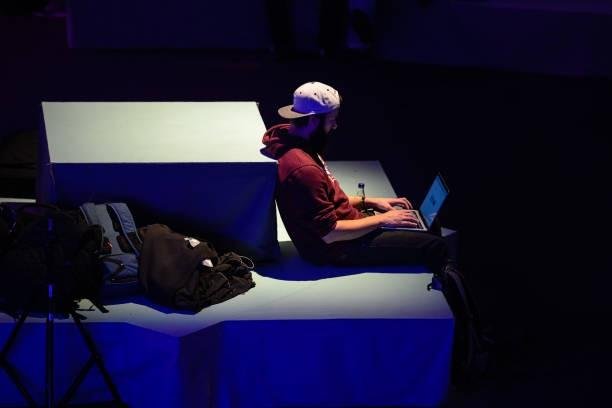
Like professional forecasters will say, making predictions, particularly about the future, is difficult. At the end of 2017, these key themes and questions set to condition global events next year.
Will Robert Muller's probe end Trump's presidency?
A much clearer picture of Trump's legacy is set to unveil in 2018, then we can truly justify his Times "man of the year" 2017 award.
Prosecutor Robert Muller's investigation into alleged collusion with Russia in the 2016 election has gained some mileage. With further arrests of key figures like former national security adviser Mike Flynn and Trump aide George Papadopoulos, there is signal that investigators have garnered more information and are plunging more into the inquiry with these high profile individuals. In this regard, there are less details and more rumors.
The key question is whether the investigation can pin evidence of conspiracy on Donald Trump. If Trump can't be reached, a chunk of his Russia problems will start to ease. The situation will change, however, if there is element of perverting the course of justice. In the U.S political experts are near unanimous in the stake that Republicans will not impeach Trump next year. Tides may turn if Democrats capitalise on mid November unpopularity and grab a majority either in Senate or the house.
Will Trump or North Korea's rhetoric result in military action?
The line of events in this regard is easily predictable. From established events, it is clear that North Korea won't stop testing its powerful bombs and missiles. The threat to U.S. mainland will spark more aggressive moves but likely not such that will engineer devastating conflagration.
One of the several wildcards in play is whether Trump will harken to caution and not attempt to decapitate Kim's regime and weapon programs militarily.
Both Japan and South Korea are against military action and U.S. alliance with South Korea should require South Korea's consent before any military overtures especially the interception of North Korea's missile tests.
North Korea has terrible and growing cyber capacities as the attack on the U.S. electric grid will attest. They should not be disregarded in that line.
Russia and China are key players in this. Russia is accommodating of North Korea's ambitions while China tread cautiously. A shift in that position might trigger a new phase.
Will Europe's mounting crises reach an end?
This has been a challenging year for Europe. With Brexit and rise of populism Netherlands and France were able to shrug off attempts by the far right. In Germany Angela Merkel has emerged weaker in the October election and is unable to form a viable coalition. Germany may have to go back to the polls next year.
Further tension may arise in Spain with the strong performance of pro Catalans independence parties in December elections. A new independence referendum is highly likely.
Problems in areas like Brexit, migration and single currency still cause a strain in the continent. Issues in Brexit will escalate as British and EU negotiators meet next year to finalise a plan before UK leave the union in 2019.
Local and national elections in Belgium, the Czech Republic, Holland, Finland, Hungary, Ireland, Italy and Sweden will show the grip of populism in Europe.
Will there be new crises as America's influence diminishes in the middle East?
All the fuss about Trump's decision to move the capital of Israel from Tel al viv to Jerusalem might stop next year as the U.S. assume less influence in 2018.
Saudi Arabia and Iran will exert most influence while the U.S. mob up the remnant of ISIS and other militants. Iran's influence has spiralled this year and it is expected that Sunni led Saudi Arabia and its gulf allies will push harder against their shiite rival.
Yemen remain the scene of the world's worst humanitarian crisis and war is ongoing. Analysts also believe Riyadh is encouraging Israel to start a war in Lebanon against Iran's Hezbollah.
The fates of the Kurds in Syria, Turkey and Iran will come in question after September's independence referendum.
Will 2018 occasion problems for growing authority in China and Russia?
2017 was a great year for Xi and Putin. With tensions in the West, these leaders have consolidated their influence like never before.
There are tests to this assumption. In Russia, a string of anti-government and anti-corruption protests were held throughout 2017. Putin will hope to avoid any of such that will affect his 2018 presidential win. Alexi Nalvany, Putin's strongest opponent, has been disqualified to run. This might occasion a low turnout as Nalvany calls for a boycott.
Xi Jinping has established himself the most powerful Chinese ruler since Mao at the Communist party in September. Still discontent and protest is rising especially in Hong Kong.
These countries have great prospect reshaping the course of world's history. Keep your hopes little and let it all unfold.